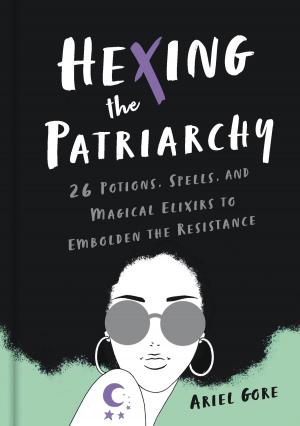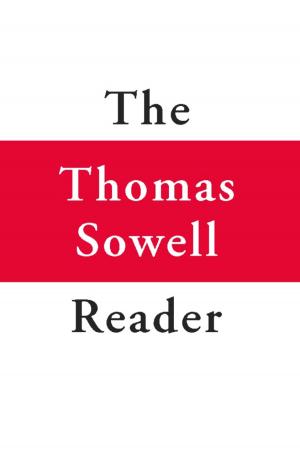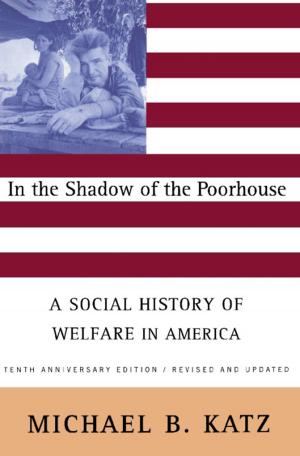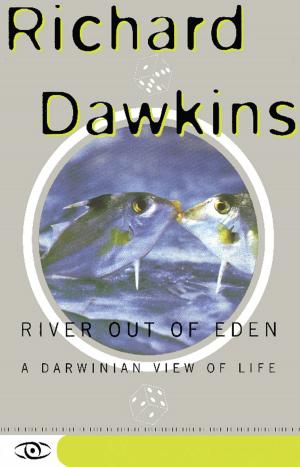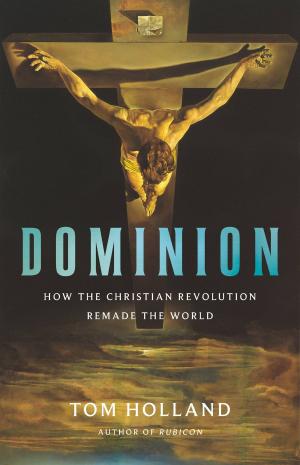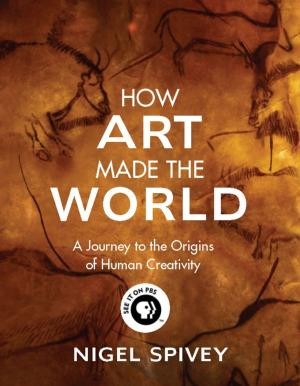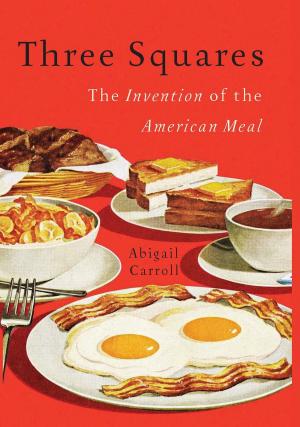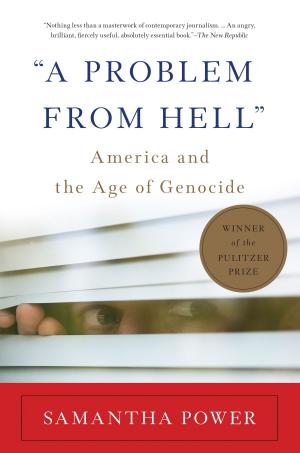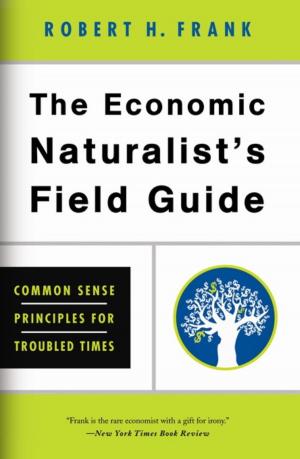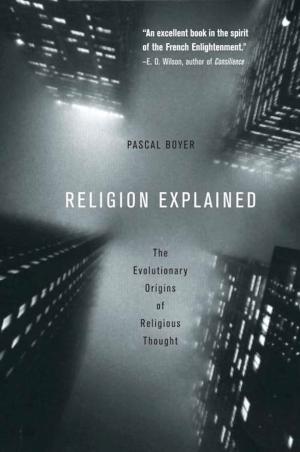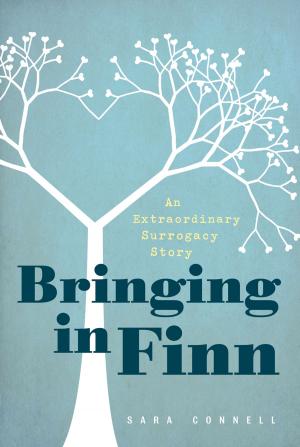Freedom for the Thought That We Hate
A Biography of the First Amendment
Nonfiction, Reference & Language, Law, Civil Rights, Legal History, Constitutional| Author: | Anthony Lewis | ISBN: | 9780465012930 |
| Publisher: | Basic Books | Publication: | March 3, 2008 |
| Imprint: | Basic Books | Language: | English |
| Author: | Anthony Lewis |
| ISBN: | 9780465012930 |
| Publisher: | Basic Books |
| Publication: | March 3, 2008 |
| Imprint: | Basic Books |
| Language: | English |
From one of the most influential journalists of the last half century, an essential explanation and defense of a foundational American idea: free speech
More than any other people on earth, we Americans are free to say and write what we think. The press can air the secrets of government, the corporate boardroom, or the bedroom with little fear of punishment or penalty. This extraordinary freedom results not from America's culture of tolerance, but from fourteen words in the constitution: the free expression clauses of the First Amendment.
In Freedom for the Thought That We Hate, two-time Pulitzer Prize-winner Anthony Lewis describes how our free-speech rights were created in five distinct areas: political speech, artistic expression, libel, commercial speech, and unusual forms of expression such as T-shirts and campaign spending. It is a story of hard choices, heroic judges, and the fascinating and eccentric defendants who forced the legal system to come face to face with one of America's great founding ideas.
From one of the most influential journalists of the last half century, an essential explanation and defense of a foundational American idea: free speech
More than any other people on earth, we Americans are free to say and write what we think. The press can air the secrets of government, the corporate boardroom, or the bedroom with little fear of punishment or penalty. This extraordinary freedom results not from America's culture of tolerance, but from fourteen words in the constitution: the free expression clauses of the First Amendment.
In Freedom for the Thought That We Hate, two-time Pulitzer Prize-winner Anthony Lewis describes how our free-speech rights were created in five distinct areas: political speech, artistic expression, libel, commercial speech, and unusual forms of expression such as T-shirts and campaign spending. It is a story of hard choices, heroic judges, and the fascinating and eccentric defendants who forced the legal system to come face to face with one of America's great founding ideas.

